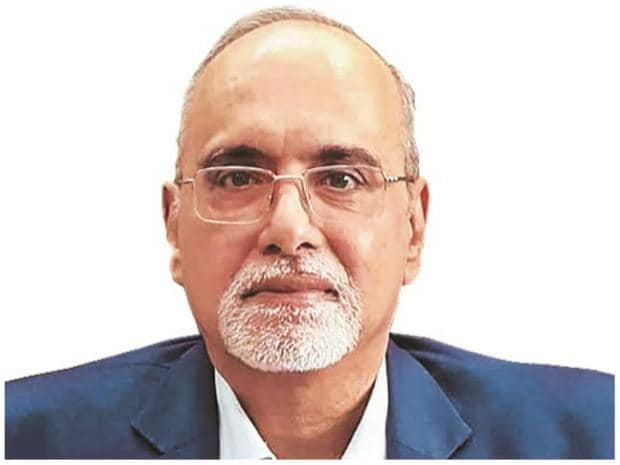[ad_1]
The Reserve Bank of India has often been informed of banks levying high charges on the MSME and retail segments for foreign exchange transactions and it is worrisome that there is no transparency in pricing for smaller customers, said Deputy Governor M. Rajeshwar Rao.
“While large corporates are able to enjoy the benefits of tighter pricing warranted by the liquidity in our markets, charges recovered from smaller customers do not appear to be justified by higher cost of processing / warehousing small ticket transactions,” Rao said at 17th FEDAI (Foreign Exchange Dealers’ Association of India) Annual Conference in Cairo, Egypt, on March 5. The RBI released Rao’s speech on its website on Thursday.
“The FX-Retail platform was introduced in a bid to shift price discovery to an automated platform. Banks do not, however, appear to have made efforts to encourage customers to use that platform,” he said.
Calling upon the FEDAI and all banks to ensure fair and transparent pricing for less resourceful customers in the foreign exchange market, Rao highlighted the crucial role played by Self Regulating Organisations (SROs) such as the FEDAI which have informal and formal contacts and their “ears to the ground” within the industry.
Another matter in which Rao said the RBI wishes to see more concerted action by the FEDAI was curbing fraudulent foreign exchange trading platforms in the country.
In the last few years, India has seen a proliferation of such platforms which lure people into undertaking foreign exchange trading with promises of disproportionate and exorbitant returns, Rao said.
While the RBI has been consistently issuing warnings about the dangers of such fraudulent platforms by issuing updated lists of entities permitted to engage in such activities, more needs to be done to curb the menace, Rao said.
“It would be appropriate on the part of FEDAI to take a lead here to safeguard the customers of the industry they are an integral part of and sensitise the public regarding entities which bring disrepute to the industry,” he said.
According to the deputy governor, from the perspective of a regulatory framework, the shift to a principle-based model from a rule-based, prescriptive regime represented a paradigm shift for the Indian currency market.
However, for such a principle-based framework to function effectively, certain “rules of the game” need to be followed, Rao said. First, there must be universal acceptance and adoption of the transition in both letter and spirit while ensuring fairness and transparency.
Second, there must be trust, Rao said, emphasising that the regulator must be able to trust the regulated entities to refrain from abusing the flexibility provided in the rules. As an example, Rao cited transactions under the new overseas investment regime.
All transactions relating to overseas direct investment or a financial commitment must be routed through designated banks. Such banks would be responsible not only for bona fides of the transactions, compliance with anti-money laundering and Know-Your-Customer norms but also adherence to the provisions of the Foreign Exchange Management Act, he said.
“We had earlier come across instances of AD (authorised dealer) banks permitting remittance towards overseas investment without receiving the requisite returns from the investor entity,” he said.
“Though, it was always implicit in terms of section 10(5) of FEMA, that such oversight by AD banks makes them liable for penal action under sections 11 and 13 of FEMA, the new directions have stated it unambiguously,” he said.
Speaking about the steps taken in July 2022 to internationalise the rupee further, Rao said that the central bank was seeing a good amount of interest in the rupee-trading arrangements.
In July 2022, the RBI said that it had put in place an additional arrangement for invoicing, payment, and settlement of exports and imports in rupees.
If the RBI’s efforts towards rupee invoicing achieve fruition, domestic exporters and importers would not need to hedge exposure while other opportunities would arise in the form of non-resident counterparts who may need to hedge, Rao said.
[ad_2]
Source link



